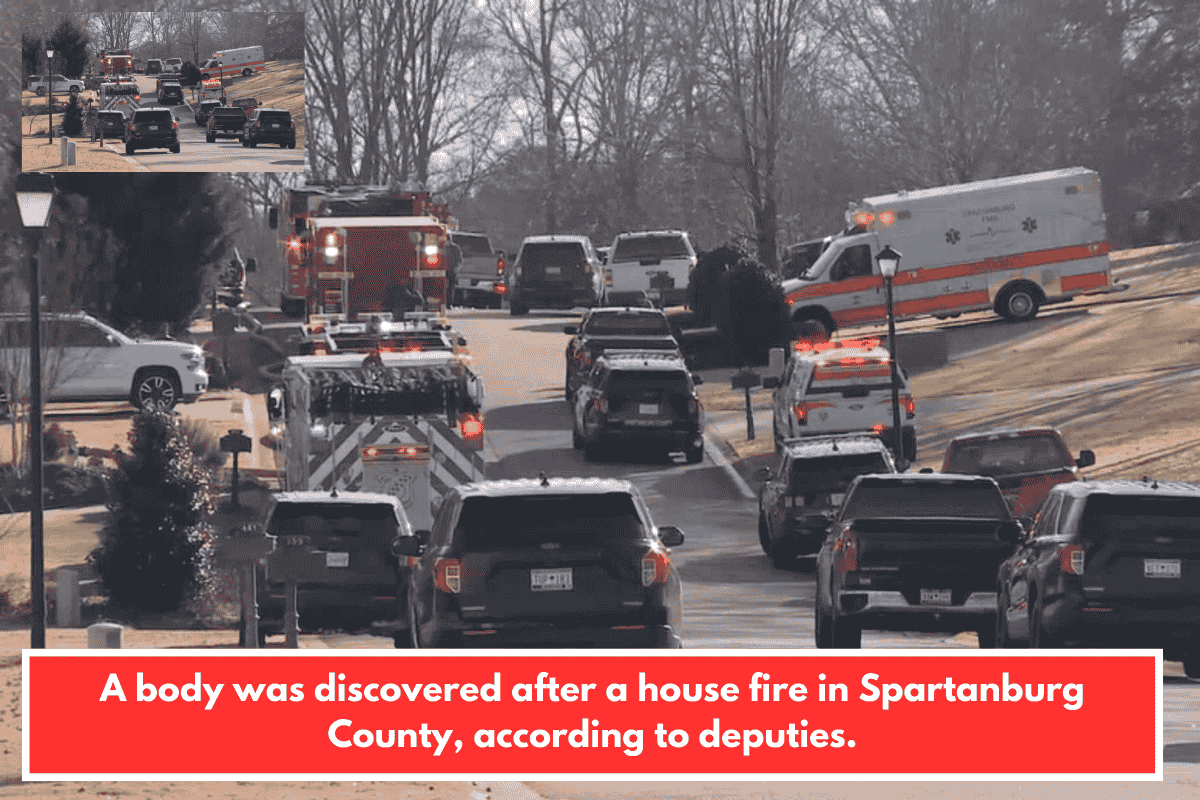If you’re planning on spending the night in your car while traveling through Vermont, you might be wondering whether it’s legal to sleep in your vehicle. While car sleeping can be convenient for road trips, rest stops, or unexpected situations, there are some important legal considerations to keep in mind. Here’s what you need to know about the legality of sleeping in your car in Vermont.
Is Sleeping in Your Car Legal in Vermont?
In general, sleeping in your car is not illegal in Vermont, but it’s not always straightforward. Various factors can affect whether it’s legal or not, including where you park and your behavior while parked. Vermont does not have a specific statewide law banning sleeping in a car, but local laws and regulations, as well as common sense, must be considered.
Public Spaces vs. Private Property
Public Parking Lots: In Vermont, it’s important to differentiate between public and private property. You can park your car on public property, such as a rest stop or a designated overnight parking area, and sleep there. However, parking in areas where overnight parking is prohibited or where posted signs forbid it may lead to fines or being asked to move.
Private Property: Sleeping in your car on private property without the owner’s permission is not allowed. If you’re parked on someone’s private land, you could face legal consequences for trespassing. Always ensure you have permission to park overnight on private property.
2. State and Local Laws Regarding Sleeping in Your Car
Rest Areas and Truck Stops: Many rest areas along highways in Vermont may allow overnight parking for drivers to sleep. These areas are generally designed to provide a safe space for travelers to rest. However, check for any specific regulations or time limits in these rest areas before settling down for the night.
Local Ordinances: Some towns or cities in Vermont may have local ordinances that restrict overnight parking or sleeping in cars in certain areas, especially in residential neighborhoods. Before pulling over for the night, it’s wise to check local laws, especially in more urban areas.
Camping Regulations: If you’re looking to sleep in your car for a longer period and want to enjoy nature, Vermont has many campgrounds where you can park overnight. Some campgrounds even allow you to sleep in your vehicle for a fee. Make sure to pay for camping fees if applicable, and follow the campground’s rules.
Safety and Behavior
While it’s not illegal to sleep in your car, it’s important to maintain a level of discretion and respect for others. If you are found to be disturbing the peace, engaging in suspicious behavior, or violating noise ordinances, you could be asked to leave or even face legal issues.
Public Safety: If your car is parked in an unsafe area, such as near a busy intersection, it could pose a hazard to yourself or other drivers. Additionally, if you’re parked in a no-parking zone or blocking traffic, you could be ticketed or towed.
Drinking Alcohol or Using Drugs: Drinking alcohol or using drugs while sleeping in your car could result in legal trouble, especially if you are in a public space or violate other related laws like open container laws or driving under the influence. Vermont enforces strict laws regarding alcohol and drugs, and these can apply even when you’re not actively driving but just parked in your car.
Winter Considerations
Vermont’s cold winters present additional concerns for car sleeping, including safety risks related to hypothermia and carbon monoxide poisoning. If you’re planning to sleep in your car during the winter months, ensure you have adequate clothing and supplies to stay warm. Avoid running the engine for extended periods to stay warm, as this can lead to carbon monoxide buildup, which is highly dangerous.
Alternatives to Sleeping in Your Car
If you’re not sure whether sleeping in your car is allowed in a particular area, consider these alternatives:
Campgrounds: Many Vermont campgrounds offer safe, legal places to park and sleep for the night, particularly if you’re visiting the Green Mountains or Lake Champlain area. These sites may offer amenities like restrooms, showers, and even electrical hookups for your vehicle.
RV Parks: There are RV parks throughout Vermont where you can legally park your vehicle and sleep. These parks are designed for overnight stays and often provide the facilities needed for a comfortable rest.
Hotels and Motels: If you’re looking for more comfort, hotels and motels are a great alternative to sleeping in your car. Vermont has a variety of accommodations, including those that are budget-friendly for travelers.
In Vermont, sleeping in your car is generally legal, but it depends on where you park and your behavior while parked. Make sure to respect local laws, private property, and public safety. Whether you’re using a rest stop, campgrounds, or private property, always check the rules and regulations for your location. In winter, be cautious of the cold and avoid running your engine to stay warm. Finally, ensure you’re not disturbing the peace or engaging in illegal activities while parked.
SOURCES
[1] https://www.boondockersbible.com/learn/vermont-rest-area-rules/
[2] https://mywaynecountynow.com/the-legality-of-car-sleeping-in-vermont-what-you-need-to-know/
[3] https://legislature.vermont.gov/statutes/section/19/011/01106
[4] https://www.reddit.com/r/vermont/comments/1fsjxkp/places_to_sleep_in_car/
[5] https://rvshare.com/blog/a-guide-to-full-time-rv-living-in-vermont/














